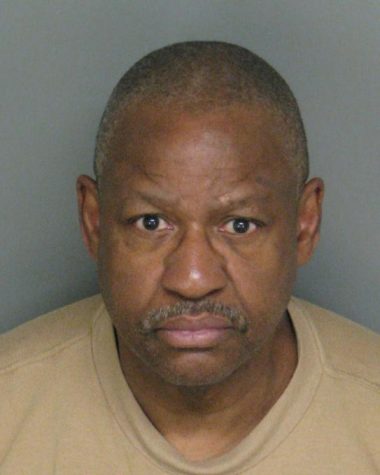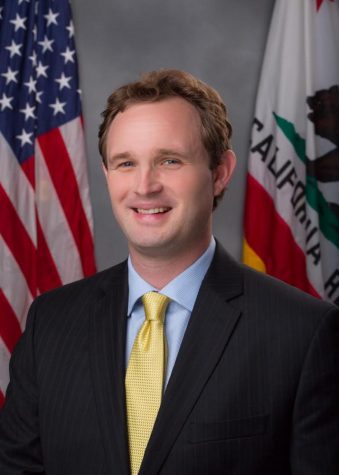Assemblyman James Gallagher created a new legislation aimed to protect the community and bar non-native sexual predators from settling in Butte County.
If passed, the Protect our Communities Act will prevent sexually violent predators from being released to a county that is not their county of origin. Otherwise, they must go to one in which they have family, employment or residential ties.
In early 2016 Fraisure Earl Smith, who was found guilty of rape, was potentially going to move to 3413 Bell Road in Chico. Those plans changed and he was scheduled to move to 645 Ellis Road in Marysville.
The Solano county court decided not to move Smith to Marysville.
Instead, Eldridge Chaney Jr., who was convicted of rape and sexually assaulting a 16-year-old girl, was placed at the same Marysville residence in March.

“It’s a no-win situation. Nobody wants those people but for the state to put them in a community where they have no ties to the community, it’s absurd,” Mayor Sean Morgan said.
Gallagher said the current law allows for sexually violent predators to be released into counties they have no ties to.

“Rural counties and cities shouldn’t be the dumping ground for offenders from other areas of the state, and it is much harder for offenders to be rehabilitated in communities where they are complete outsiders,” Gallagher said.
Smith originated from Solano county and Chaney originated from Monterey county. Under current law, the county where the crime was committed is where court is held to decide if these men are to be released. Under the new legislation if perpetrators cannot be released in their county of origin, the court in the county they are to be released in decides if they will move there. In Cheney’s case, it was a Monterey county court that decided he would be released in Marysville which is in Yuba county.
The Department of Hospitals oversees all conditionally released sexually violent predators in California.
According to the Department of Hospitals, most sexually violent predators released under their conditional release program come from state hospitals. They can only be released by a judge once a court-approved course of treatment has been decided. Those who are conditionally released are constantly monitored.
For those who have been evaluated as rehabilitated, finding a community to settle them in may be the hardest part, Morgan said.
“Let’s say you have been evaluated as you have gotten over whatever your issue is, how does a sexual predator re-enter society? That’s the real question,” Morgan said. “The challenge is if you try to place them in the community they came from, those people aren’t going to want them either. Moral of the story, don’t be a sexual predator.”
Nicholas Feeley can be reached at [email protected] or @theorion_news on Twitter.









